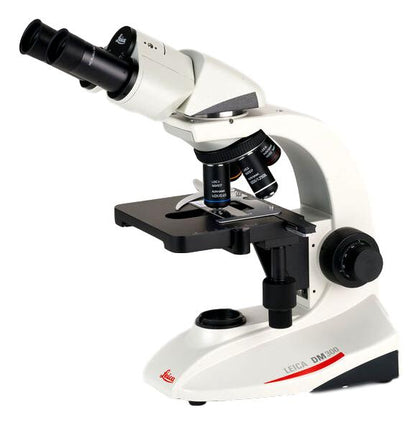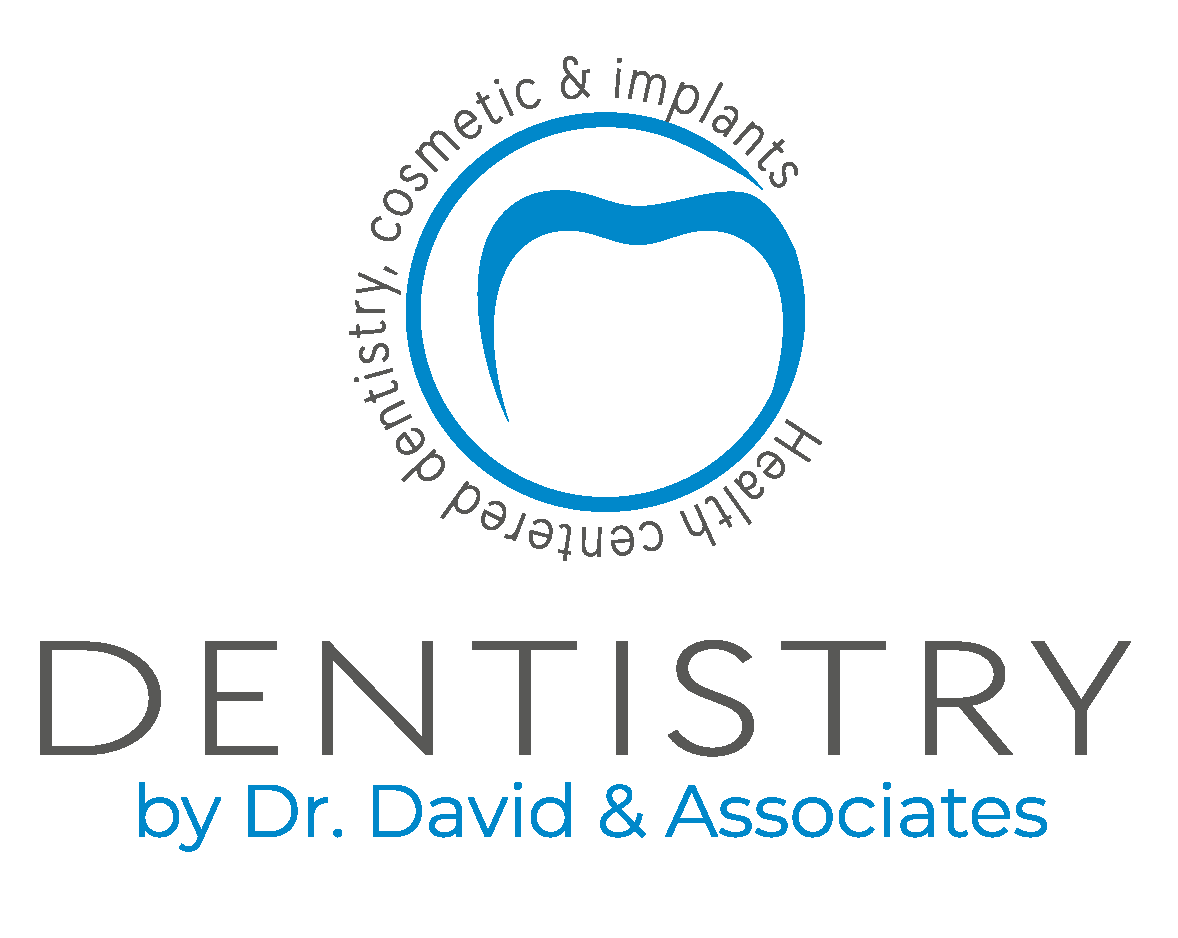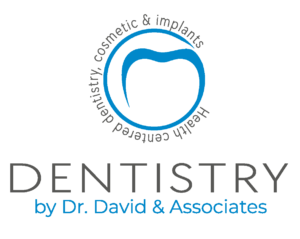Biocompatibility
Testing
Understanding Biocompatibility Testing in Dentistry

What is Biocompatibility Testing?
We can provide Biocompatibility Testing for our patients. This process involves evaluating the compatibility of dental materials, such as fillings, crowns, and implants, with the tissues and systems of your body. Currently, there are over 2000 different materials in use in dentistry, so it is possible that one material that works fine in one patient will not work well in another due to their unique biochemistry.
Given this, we can conduct a test in the office to assess the potential for adverse reactions or sensitivities to these materials. Though tests can be done via skin patch testing, blood tests, and intraoral testing we use a blood test in our office. This test will help us to identify any allergies or sensitivities that you may have to specific materials, allowing our dentists to select the most suitable options for your treatment.
Why is Biocompatibility Testing Important?
Conducting biocompatibility testing is valuable because by identifying potential allergic reactions or sensitivities beforehand, our patients can avoid complications or adverse effects from dental treatments. Our ability to provide this proactive approach not only ensures patient safety but also promotes successful treatment outcomes because we want to ensure you have the best results possible and biocompatibility testing plays a vital role in providing you with a treatment that considers your unique needs to ensure we provide you the best experience possible.
How is Biocompatibility Testing Conducted?
Patients visit our office to have a blood sample drawn and we send it to our biocompatibility testing partner, who spins the sample on a centrifuge to separate the blood cells from the blood serum. The cells are discarded and the serum, which contains all the free-floating antibodies and other blood proteins, is collected for testing. A small sample of the serum is then mixed with the individual chemical components that may be found in dental materials that we use in our office. If the chemicals would cause an immune reaction in the body, then the antibodies present in the serum will bind the chemicals and form proteins making the mixture look cloudy. The results are scored for convenience with the classifications “Highly Reactive,” “Moderately Reactive,” and “Least Reactive,” to ensure our patients have a clear understanding of the results.
Who Should be Tested for Sensitivity?
Biocompatibility testing may be recommended for our patients who have a history of allergies or sensitivities to certain materials, such as metals or dental products. Additionally, patients with chronic health conditions or autoimmune disorders may benefit from biocompatibility testing to ensure that dental materials do not exacerbate their conditions or trigger adverse reactions.
Individuals who may benefit from biocompatibility testing include:
• Patients with known allergies or sensitivities: Those who have experienced allergic reactions to dental materials in the past should undergo biocompatibility testing to identify safe alternatives for their dental treatment.
• Individuals with autoimmune disorders: Patients with conditions such as rheumatoid arthritis, lupus, or multiple sclerosis may have heightened sensitivity to certain materials. Biocompatibility testing can help mitigate the risk of adverse reactions in these individuals.
• Patients with chronic health conditions: Individuals with conditions such as diabetes, cardiovascular disease, or respiratory disorders may benefit from biocompatibility testing to ensure that dental materials do not interfere with their overall health or treatment plans.
• Those undergoing extensive dental procedures: Patients undergoing procedures such as dental implant placement, extensive restorative work, or orthodontic treatment may require biocompatibility testing to minimize the risk of complications and promote successful treatment outcomes.
By proactively identifying potential issues before treatment, our dentists can tailor a treatment plan to meet your specific needs, ensuring safe and effective care!

FAQs – Biocompatibility Testing at Dentistry by Dr. David & Associates
Q:
Q: What is biocompatibility testing?
A: Biocompatibility testing checks how your body reacts to dental materials like fillings, crowns, or implants. With over 2,000 materials in dentistry, not every option is right for every patient. We use a blood test to identify any allergies or sensitivities, helping us choose the safest materials for your treatment.
Q: Why is biocompatibility testing important?
A: Testing helps:
- Identify possible allergic reactions before treatment
- Prevent complications or unwanted side effects
- Ensure your dental care is tailored to your unique needs
- Support safe, long-lasting treatment results
Q: How is the test performed?
A: Compatibility testing is performed as follows:
- A small blood sample is drawn at our office by one of our licensed phlebotomists.
- The sample is sent overnight to our partner lab.
- The blood serum is tested against dental material components.
- If antibodies react, the mixture becomes cloudy indicating sensitivity.
- Results are scored as:
- Highly Reactive
- Moderately Reactive
- Least Reactive
This clear rating system makes it easy to understand your results.
Q: Who should consider biocompatibility testing?
A: Testing may be recommended if you have:
- Known allergies or sensitivities to metals or past dental materials
- Autoimmune disorders (rheumatoid arthritis, lupus, multiple sclerosis)
- Chronic health conditions (such as diabetes, heart disease, or respiratory conditions)
- Plans for major dental work (implants, full-mouth restorations, orthodontics)
Q: What are the benefits of testing before treatment?
A: By identifying sensitivities in advance, we can:
- Customize your dental treatment plan
- Minimize the risk of adverse reactions
- Improve overall treatment success and comfort

Exceptional dental care is a lot closer than you think.
Located in Bolton at the intersection of 495 and Rt. 117, easily accessible from MetroWest Boston.



